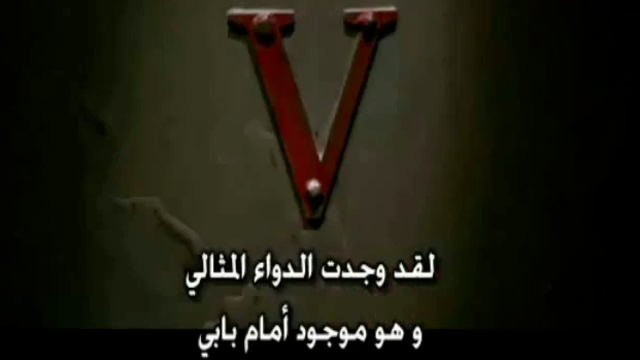Tactical Media Connections
A public research trajectory tracing the legacies of Tactical Media and its connections to the present.
Under the working title 'Tactical Media Connections' the editors of the Tactical Media Files, David Garcia and Eric Kluitenberg have begun an extensive public research project that seeks to trace and develop the connections between the phenomenon of Tactical Media as it was identified in the early 1990s, not least through the renowned series of Next 5 Minutes festivals and conferences on Tactical Media (www.n5m.org - organised four times between 1993 and 2003), and current critical practices operating at the intersection of art, media, activism, technological experimentation and political contestation.


